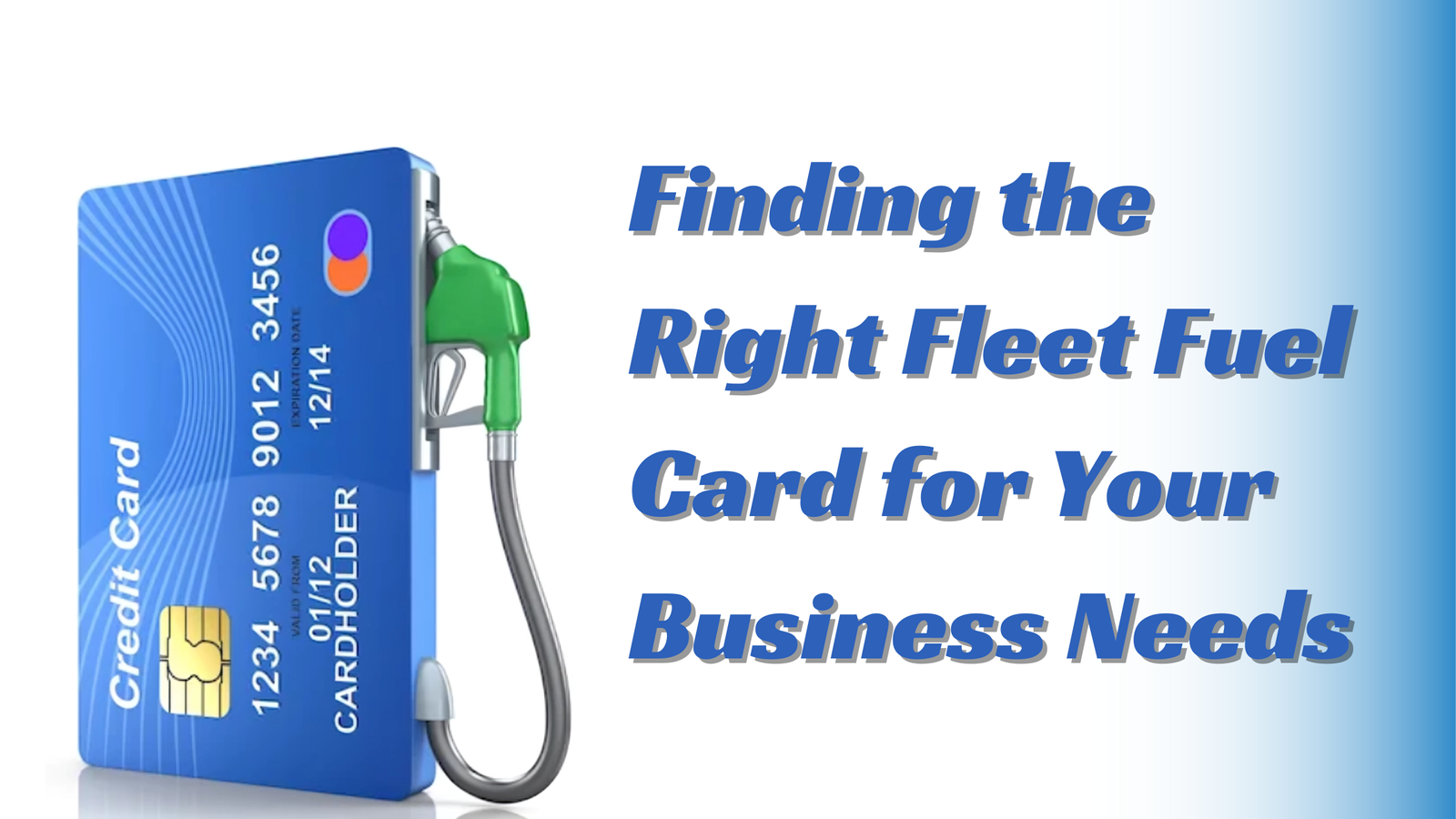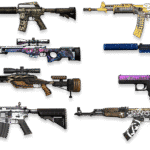Finding the Right Fleet Fuel Card for Your Business Needs
Should you oversee several vans, trucks, or other commercial vehicles, you understand the need to monitor expenses closely. Indeed, fuel and maintenance may seem like a never-ending expense. Fortunately, there are creative strategies to control these costs; fleet fuel cards are among the greatest instruments to combat such a problem. Along with tracking maintenance and fuel expenses, these cards provide comprehensive daily, weekly, or monthly reporting. Regular and timely acquisition of this information can transform your company and help to ensure seamless operation of all aspects.
What Are Fleet Fuel Cards?
Consider a fleet fuel card as a unique payment card used mainly at petrol stations to cover some vehicle maintenance expenses and fuel purchases. But keep them apart from those frequent petrol station reward cards. Though they resemble charge or credit cards, fleet cards have a bonus: they provide real-time, comprehensive spending reporting. Usually, major oil corporations such as Shell or specialized firms like UK Fuels supply these cards. Let’s discuss the several kinds of fleet cards on sale and their advantages and possible negatives.
Fuel cards’ benefits for small businesses
Small companies with fleet fuel cards find a valuable tool in fuel cards. Below is a closer view of their operations depending on who can use them and where they are accepted.
Who Could Use a Fuel Card?
Usually, there are two safe ways to guarantee the correct users of your Fuel cards:
- Leveraging a PIN is the most straightforward approach. You assign a different PIN to your drivers once you have ordered and got your fuel cards. The driver swipes their card at the station, enters their PIN, and the transaction is safely approved for refill.
- Using a text message gives more freedom. Any card can be used by any of your drivers, independent of the automobile they are driving. The procedure starts with the driver activating text from a phone number connected to the card. The system handles verification and authorization; once the card is turned on by this SMS, the motorist can use it for fuel.
Where is the Card Approved?
Acceptance determines two different kinds of fleet fuel cards:
- Closed loop cards force the driver to find and utilize particular petrol stations that accept the card, making them more limited and cumbersome. This can be a major drawback, mainly when those stations are few or obtrusive.
- For drivers who must make quick excursions and want to save time and worry, open loop cards provide much more freedom, allowing them to utilize any petrol station.
Why is using fuel cards a good idea?
Businesses of all kinds and sizes can find an advantage in fuel cards. Whether you run a small fleet or only have a few cars, these cards can assist in simplifying the handling of maintenance, fuel costs, and even repairs. Choosing the correct fuel card means considering several elements influencing your company’s expenses and operations.
Essential features to consider when choosing a fuel card for your business
| Feature | Description |
| Data Insight | Select a fuel card that captures driver-specific fuel purchases and total consumption so that exact monitoring and cost-saving techniques may be used. |
| Purchase Control | Choose a card with improved security measures to control driver expenditure at the pump; include PIN requirements and odometer readings to stop abuse and maximize spending. |
| Convenience Store Management | Choose a card that lets you set reasonable restrictions on non-fuel purchases from convenience outlets so that your spending matches business rules. |
| Online Accessibility | Ensure the card allows digital access to simple receipt and driver record administration, enabling remote handling of fleet accounts. |
| Transaction Alerts | Select a card that offers real-time transaction problems or limits breach warnings, improving monitoring and quick response capacity. |
| Enhanced Security | Give cards with precise usage limitations for fuel and related services top priority, lowering the risk of theft and misuse relative to ordinary credit cards. |
| Location Convenience | Choose a fuel card generally accepted in your operational areas to prevent location-based problems. |
| GPS Integration | Choose a card that connects with GPS tracking to track precise fueling locations and quantities, increasing fraud protection and efficiency. |
| Customer Support | Ensure the card provides vital customer care to fix fuel-related problems swiftly, so maintain the running order of your fleet. |
| Cost-Effectiveness | Examine fee policies and select a card with helpful features supporting long-term savings and operational convenience even if it has higher prices. |
Safety and Security aspects
Managing fleet costs calls for strict priority on security. Top-notch Fuel cards include some security elements:
- EMV chips create a unique transaction code that cannot be used again, preventing dishonest activity.
- Pre-use activation via SMS provides a layer of security, guaranteeing that only authorized users may activate and use the card.
Customer Assistance
Your experience with a fuel card will be much improved by excellent customer service. Search for someone who provides:
- Practical and fast answers to your questions constitute responsive support.
- Easy means of contact include phone, email, or text on many channels.
- A service crew able to offer customized assistance and with knowledge of fleet operations.
Examining these features will enable you to select a Fuel card that efficiently controls fleet fuel and maintenance expenses and supports more general corporate operations.
Conclusion
The most critical lesson in selecting a fleet Fuel card is to give the area in which your fleet operates top priority. If you cannot benefit from it, jumping for the highest discount has little value, even if it may be simple. Comparing two or more cards that fit your route map requires careful thought in many different aspects. Deciding what finally best meets your needs should include consideration of fuel discounts, cost structure, controls, and back-end data.

















